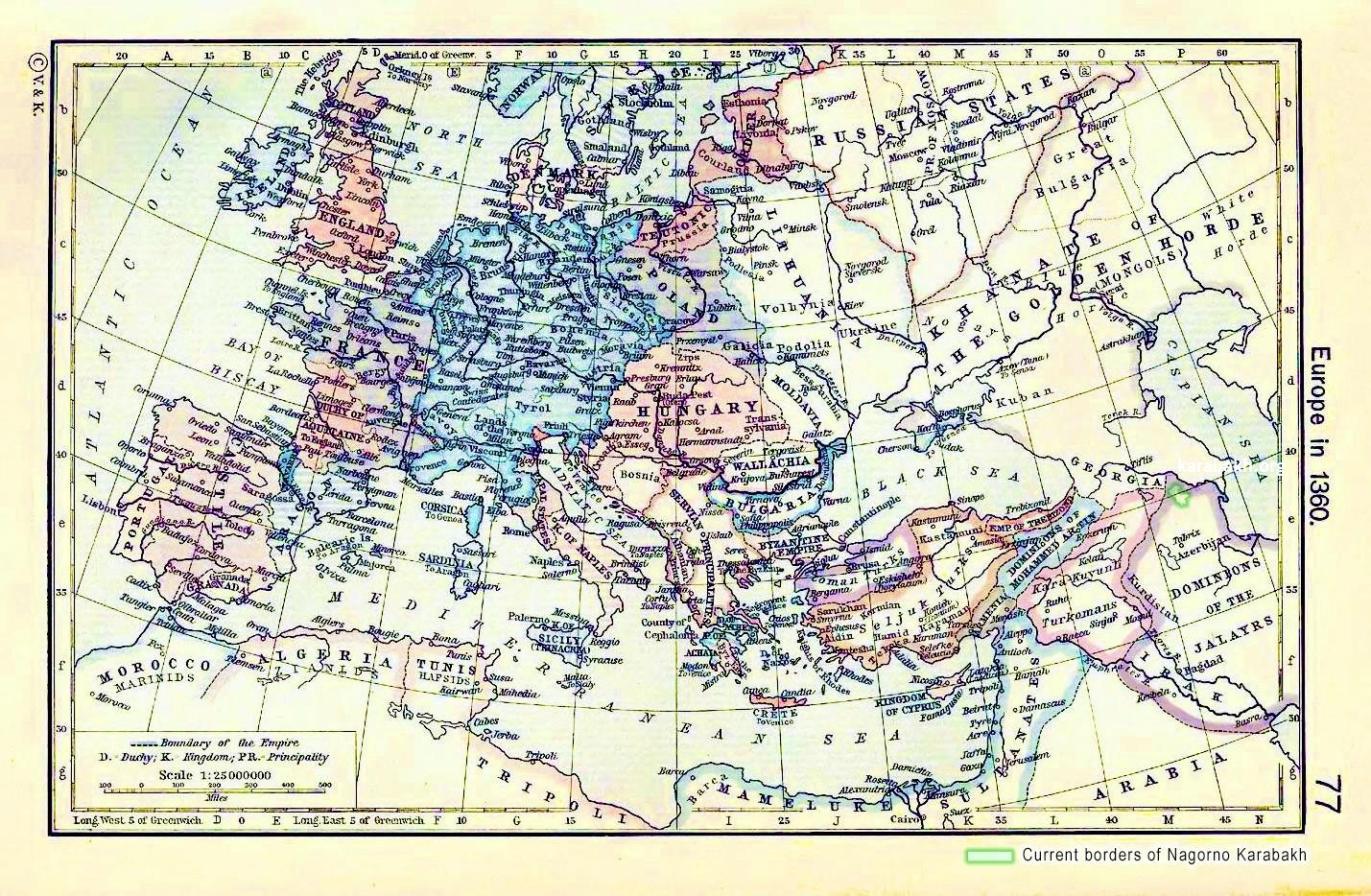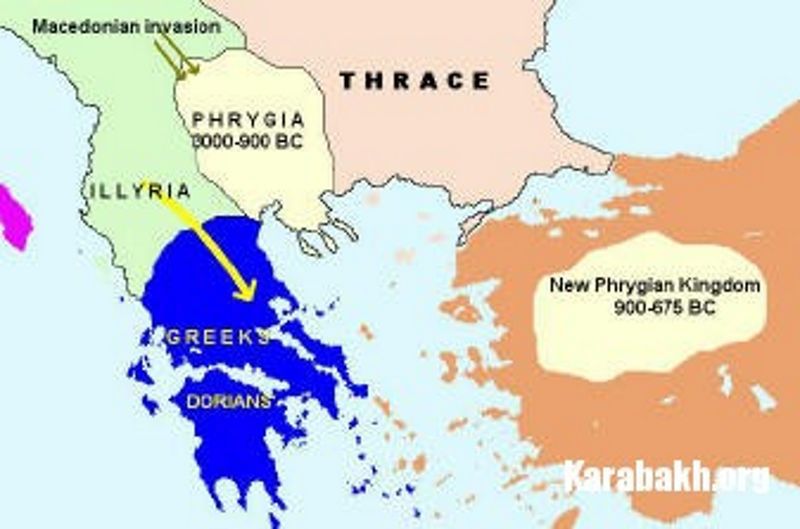If one pays attention, one could see that among those present Stalin’s name is listed first in all these protocols. [1] Moreover, it is precisely in the attachment to Protocol No. 8 that attention is drawn to “the fact of the formation of nationalistically ‘communist’ groups in the communist organizations of the Transcaucasus, stronger in Georgia and Armenia and weaker (in quantity and quality) in Azerbaijan.” [2]
Indeed, the discussion on June 3, 1921 of the Zangazur issue and on July 4-5 of the Nagorno-Karabakh question were directly linked to the fact that the Nakhchivan issue was reflected in the Moscow Treaty of March 16, 1921 between Soviet Russia and Kemalist Turkey, an accord which generated a wave of communist nationalism in Armenia and with attempts by the Center to break this wave. Suffice it to direct one’s attention to the text of the extensive protest addressed by the chief of the Armenia delegation at the Moscow negotiations, Armenian Commissar of Foreign Affairs A. Bekzadyan, to G. Chicherin on April 15, 1921. A. Bekzadyan accused Soviet Russia of failing in the talks with Turkey to stick up for the interests of Armenia. He wrote that “the Armenian delegation considers it vitally important to note that the Turkish delegation to the conference at all times speaks in the role of the defender and protector of the Muslim population of the Transcaucasus and in particular of the interests of Soviet Azerbaijan.” [3]
Bekzadyan was especially disturbed by the fact that Turkey was able to retain Nakhchivan as part of Azerbaijan, something Turkey considers very important for ensuring security of its eastern borders. He stressed that, “Given the way in which the Nakhchivan and Sharur-Daralagez issues were resolved, Armenia is deprived of the possibility to administer Zangazur, which belongs to it, in a normal fashion.” [4]
On this occasion, G. Chicherin wrote to Ter-Gabrielyan, the representative of the Armenian Soviet Government in Russia, that he was quite surprised by the attempt of Bekzadyan to whitewash the actions of the Armenian delegation at the conference in Moscow and to lay all the guilt on the Russian delegation. Chichern noted that the Armenians were perfectly well informed about the chief goal of this conference. Moreover, at the time of Chicherin’s special and continuing contacts with the Armenian delegation, the latter never complained about the decisions taken. [5]
Chicherin used this similar wording in a telegram he sent to B. Legran in Tiflis. More specifically, he wrote that he “protest[s] against the effort of Bekzadyan who is attempting, first of all, to transfer blame to the Russian delegation and, second, to clear the Armenian delegation from accusations by some unknown to me readers or listeners by means of distorting the facts and concealing something which the Armenian delegation could not fail to be aware of.” [6]





